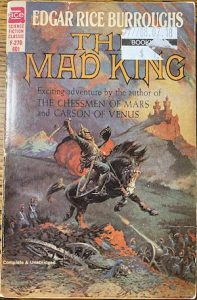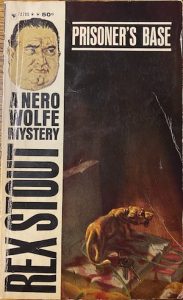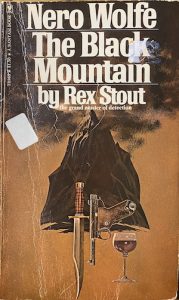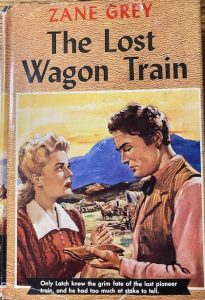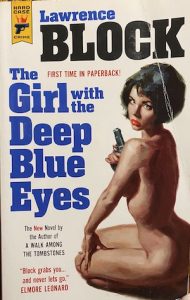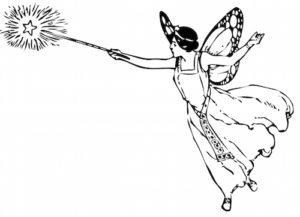A couple weeks ago, I was talking with a friend and he mentioned that now that he was retired, he wanted to read the classics. His reason was he wanted to experience the great literature before he died.
I’ve been giving that conversation a think, mostly because I love to read and I too see the Grim Reaper lurking up ahead.
However, when I think about the classics of literature, one word comes to mind: boring. But perhaps that is unfair. After all, what classics are we talking about?
Are we referencing Shakespeare and Milton? The Divine Comedy and Le Morte d’Arthur? War and Peace? Faust? Trollope? Thackeray?
Or are we talking about Riders of the Purple Sage? Dracula? Carmilla? Sherlock Holmes? Poe?
But before we go further, just what is a classic anyway?
Merriam-Webster defines a classic as: “serving as a standard of excellence: of recognized value”. However, that definition begs the questions: Who’s setting the standard? What is the standard they’ve set? And to whom is it of value?
In other words, at the end of the day, classic literature is merely the result of someone’s opinion.
The classics are usually defined as those books generally considered to be great literature. Works by Tolstoy, Dostoevsky, Proust, Conrad, and the like. Books that academia has decreed to be great literature. And books that, generally speaking, few people today have read outside of professors making them read them.
And while a bunch of dry and dusty academics are certainly entitled to their opinions, I’m rather fond of Edgar Rice Burroughs’s position:
No fiction is worth reading except for entertainment. If it entertains and is clean, it is good literature, or its kind. If it forms the habit of reading, in people who might not read otherwise, it is the best literature.
Notice Burroughs’s first point: no fiction is worth reading except for entertainment. I like to think Shakespeare would agree with him. After all, Bill wasn’t writing great literature, he was writing to make a buck. And to do so, his plays had to entertain.
The point of any story is entertainment. Sure there may be a moral or lesson. But if the story doesn’t entertain — it’s an essay, not a story.
Burroughs goes on to note that if the story does in fact entertain and is clean, then it can be called good literature. Good literature is any story that entertains the reader and contains positive values.
To my mind, though, Burroughs’s most valuable point is the final sentence: The best literature is that which can form the habit of reading — in those who might not otherwise read anything.
That is a very powerful statement. The best literature is that which can turn non-readers into readers.
Quite honestly, I think reading Tarzan can make a reader out of a non-reader faster than can War and Peace.
For myself, I read fiction to be entertained. I read philosophy if I want great thoughts. And sad to say, I find the so called great classics boring. They don’t, in fact, entertain. Perhaps they did at one time, but for the most part they don’t today. IMO.
Burroughs valued reading over great literature. It was important to him that people read. That they wanted to read, hence his valuing of entertainment over greatness. And his valuing a book that turned a non-reader into a reader, over one that didn’t.
And being a reader, I think Burroughs was right in his valuation.
I’d much rather read a novel by Edgar Rice Burroughs over anything by Thackeray, Dreiser, Tolstoy, or Dickens. They’re boring. Burroughs is exciting.
If you want to read the so called classics, go ahead. As for me, I’ll take the likes of Robert E Howard, Seabury Quinn, H. Rider Haggard, and Cordwainer Smith. Or the works of small press and indie authors such as William Meikle, RH Hale, Richard Schwindt, Andy Graham, Brian Fatah Steele, Caleb Pirtle III, or Crispian Thurlborn. They write the best literature.
Good literature is fiction that entertains. The best literature is that which turns a non-reader into a reader. And for any author to pen a book or story that can so move a non-reader to become a reader, that author has done a great thing to improve all of humanity.
Comments are always welcome! And until next time, happy reading!
Share This!